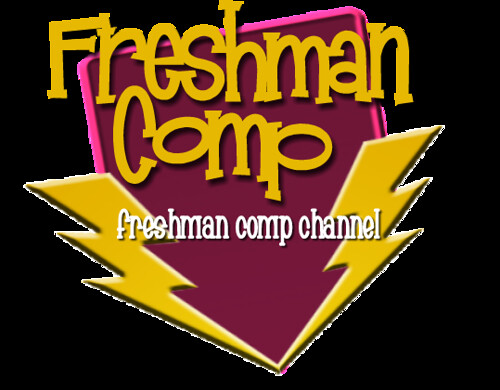Sabbatical Data Project – Part 1

Pixabay License
Part of my sabbatical is to do a “mini” project at GCC as a proof of concept or example of how faculty can use data to answer questions about the courses they teach. “This part (of my sabbatical) will also involve working with GCC’s SPA (IE department) to create a data project that supports my department and other departments that might have an interest in using data.” My hope was to expand upon the ideas of a Learning Grant my department had last year: Analytics for English Faculty Learning Community. The goals of this project were to make reading, writing, and English humanities faculty members, who teach online and/or hybrid courses at Glendale Community College, more knowledgeable about the types of student data available to them and the ethically and pedagogically sound methods to use said data.
So for this mini project, I plan to expand upon the ideas behind this grant into this part of my sabbatical. One question that I’ve always had is, “Is there a way to predict how well students will do in an online or hybrid class before they even begin?” If we can predict which students might be at risk, we can then design targeted interventions to help those students. I’m not talking about standard best practices that we should be doing for all students. I’m talking about interventions that are more invasive that might be disruptive to the course if an instructor tried to do them with all students. An example of an intervention might be requiring students to meet with the instructor with in the first week to discuss goals for the course. This could prove helpful, but probably impossible for an instructor with multiple online and hybrid courses.
The data we would like to see are:
- what previous classes have been attempted, including online and hybrid class history
- how many drops and withdrawals,
- past grades on prerequisite courses,
- GPA,
- placement test scores,
- and demographic data.
I’ll post more on this “mini” project after we get the data. In the mean time I’ll be researching what interventions we might add to our suggested list to help support the students identified at risk and for colleges who have similar programs set up and what their success has been.
I’m also starting a new MOOC this week: Analytics in Course Design: Leveraging Canvas Data. The primary goal of this course is to explore Canvas data and visualization techniques that faculty and instructional designers can use to make informed decisions about Canvas course design. Finally, a course that makes sense to me. The course has four modules that each apply different aspects of Canvas data to course design. The modules cover Student Engagement, Course Design, Assignment Submissions, and Discussion Interactions.
Comments are closed.



Sounds wonderful, Alisa. Do we have access to the four modules of your course for Canvas data? Are they available yet? I am anxious to participate. You’re doing great work. Kudos to you!